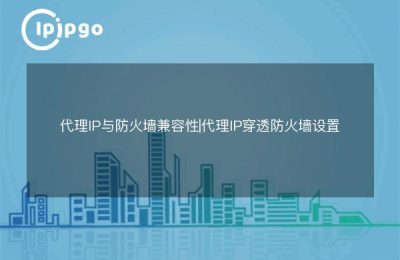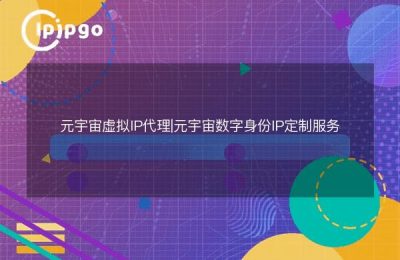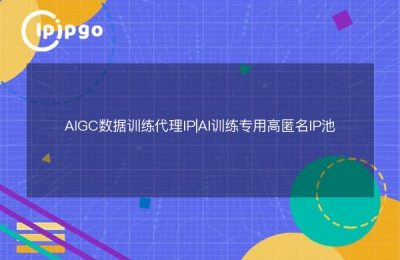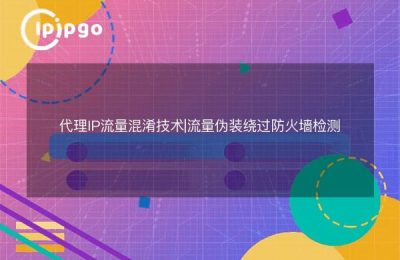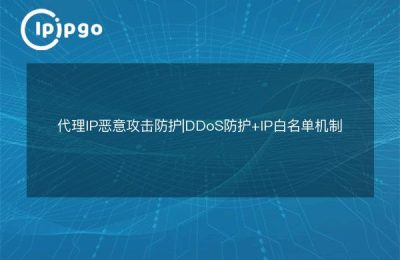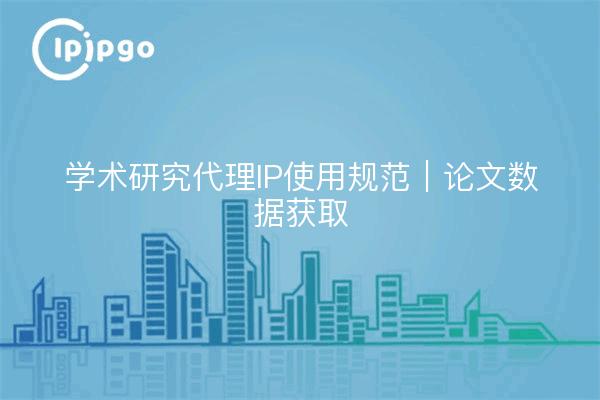
In academic research, the legitimacy and efficiency of data access is crucial. With the increasing abundance of global data resources, researchers often need to access data from multiple countries and regions to ensure the comprehensiveness and accuracy of their research. However, direct access to these data may encounter problems such as IP restrictions and access frequency limitations. At this point, using proxy IPs becomes an effective solution. In this article, we will discuss in detail how to standardize the use of proxy IP in academic research, and recommend using ipipgo, a global proxy IP professional service provider.
The Role of Proxy IP in Academic Research
The main roles of proxy IP in academic research include:
- Anonymity of data collection: Through proxy IPs, the researcher can hide his real IP address and avoid being recognized and blocked by the target website.
- Access frequency control: The use of proxy IPs spreads out requests and avoids limiting access due to too frequent visits.
- Cross-regional data access: Proxy IPs can help researchers access data from specific regions, ensuring that the data is diverse and representative.
ipipgo: Global Proxy IP Professional Service Provider
ipipgo is a global proxy IP professional service provider, integrating residential IP resources in more than 240 countries and regions around the world, with 90 million + family residential IP, full protocol support, dynamic static at your choice. ipipgo's advantages are:
| specificities | descriptive |
|---|---|
| Global coverage | Residential IP resources in over 240 countries and territories |
| Number of IPs | 90 million+ family home IPs |
| Protocol Support | Full protocol support, dynamic and static at your choice |
| Free Trial | Provide a free trial to ensure the quality of service |
Academic Research Proxy IP Usage Specifications
The following specifications should be followed when using proxy IPs in academic research:
- legality: Ensure that the proxy IP used is from a legitimate source and avoid using illegal or unauthorized IP addresses.
- Privacy: When using proxy IPs, the privacy of individuals and research subjects should be protected to avoid disclosing sensitive information.
- Access frequency control: Reasonable control of the frequency of visits to avoid overburdening the target site.
- Data accuracy: Ensure that the data obtained through the proxy IP is accurate and reliable, and avoid data deviation due to IP problems.
Frequently Asked Questions QA
Q1: How to choose the right proxy IP service provider?
A1: When choosing a proxy IP service provider, you should consider its coverage, number of IPs, protocol support, and whether it offers a free trial. ipipgo, as a global proxy IP professional service provider, fully meets these requirements.
Q2: Does using a proxy IP affect the speed of data acquisition?
A2: The use of proxy IPs may have some impact on the speed of data acquisition, but this can be effectively minimized by choosing a high-quality proxy IP service provider (e.g. ipipgo).
Q3: How to ensure the accuracy of the data obtained through proxy IP?
A3: When using a proxy IP, you should choose a reputable service provider and verify the acquired data regularly to ensure its accuracy and reliability.
reach a verdict
In academic research, the standardized use of proxy IP can effectively improve the efficiency and legitimacy of data acquisition. ipipgo, as a global proxy IP professional service provider, has become the ideal choice for researchers due to its wide coverage, large number of IP resources and full protocol support. By following the standardized use, researchers can ensure the legitimacy and accuracy of data acquisition and provide solid data support for academic research.

